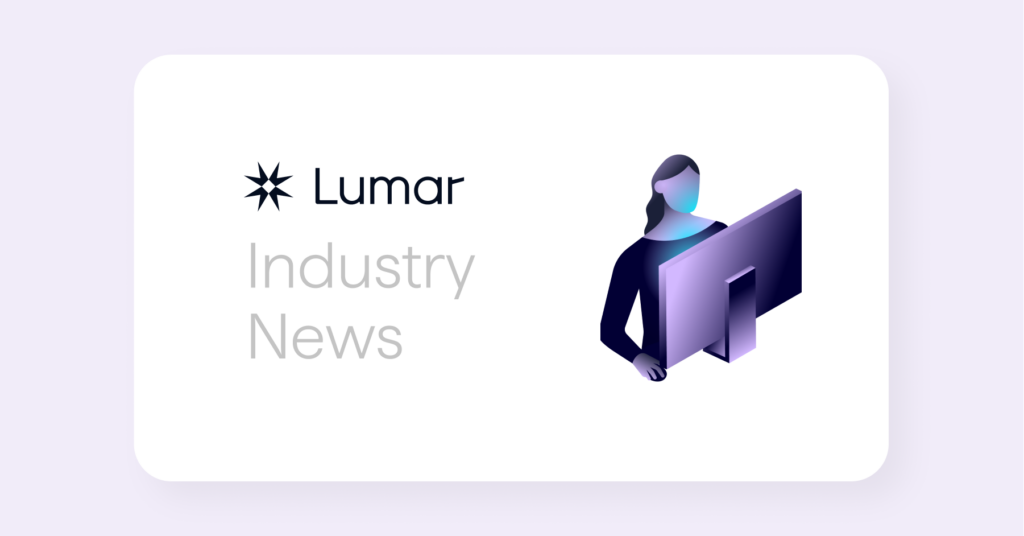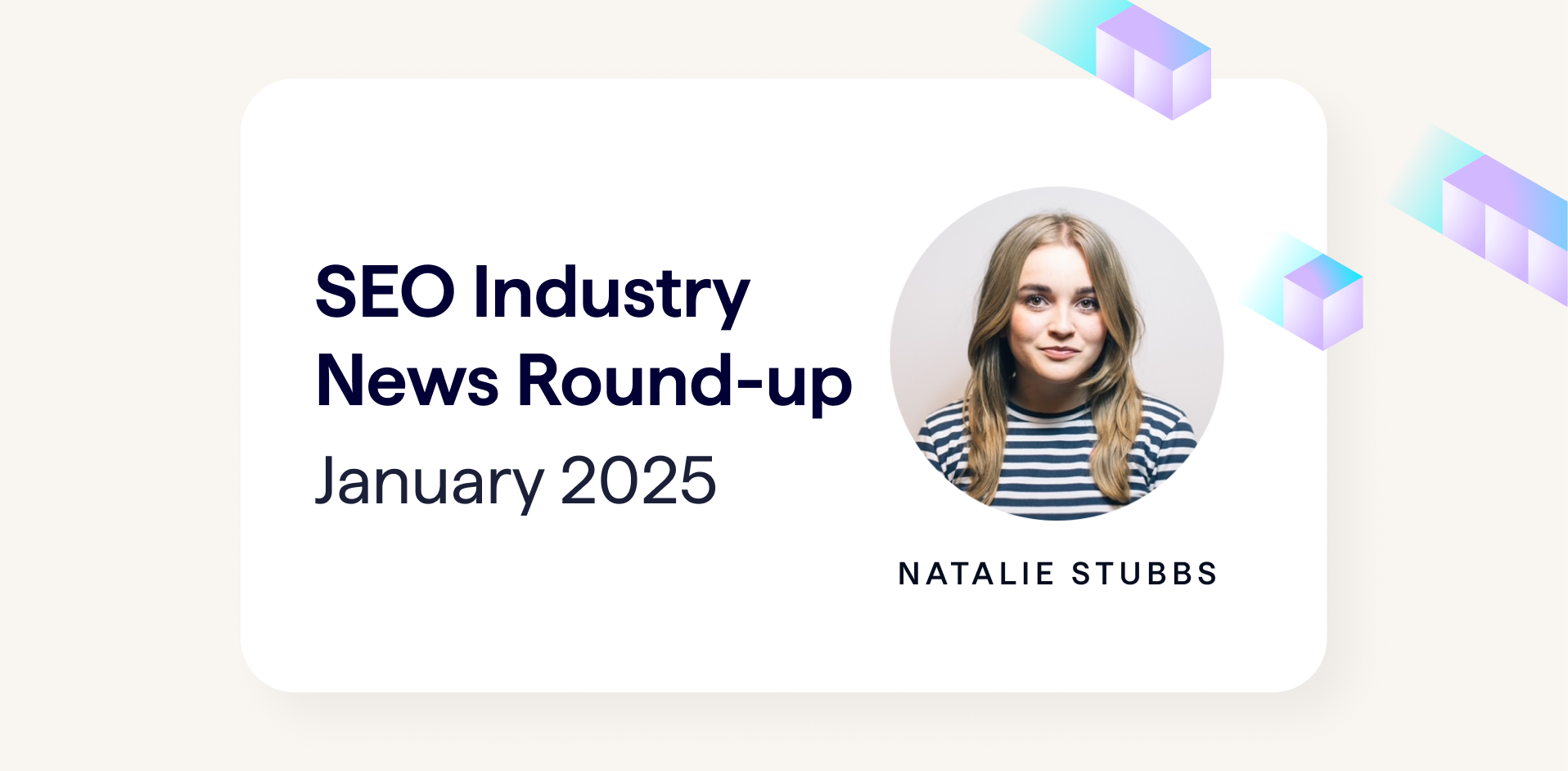Notes from the Google Webmaster Hangout on the 6th of March 2020.
Img Alt Text is Used for Both Web and Image Search
Google treats the text in an image alt attribute as part of the page for web search, as well as information about the image itself, for image search.
Headings and Titles on Paginated Pages Helps Google to Identify the Set
Headings and page titles with a number help Google to identify a set of paginated series of pages which belong together, but they can usually figure it out based on links between the pages.
Google Follows More than 5 Redirects In Separate Crawl Cycles
Google follows a 5 redirects during one crawl cycle, but they will continue following the redirect chains later. Once they find the final URL in the redirect chain, they will focus on that URL.
Google Recommends a Single Site for Mobile First Indexing
It’s OK to have a separate mobile website for mobile first indexing, provided it’s correctly linked from the desktop version with a mobile rel alternate and a canonical pointing to the desktop page, but Google recommends having a single URL for each piece of content with responsive design or dynamic serving in the future.
Google May Treat Noindex Pages as Soft 404
Google may treat a noindex page as a soft 404, which are equivalent in how they are treated in search results. If you want them to be re-indexed, you need to let Google know the pages have changed, such as submitting in a Sitemap with a last modified date.
Search Console Crawl Stats Include URLs Fetched by Other Google Products
Google’s crawl stats in Search Console are an accurate reflection of Google’s own crawling logs, but they include URLs fetched from other Google services which use the same infrastructure as Googlebot, including Google Ads landing page checks and product search crawling.
Google Will Only Use Content From Mobile Pages if Mobile First
Google will only use the mobile version of content when a site has been moved to mobile first. If your mobile pages have less structured data or images than your desktop pages, Google will not use the content from your desktop site. Google will continue to crawl your desktop pages about 20% of the time to make sure they are not missing any new pages.
Google Does Not Use W3C Validation
Google does not use W3C validation for web search, so you do not need to worry if your pages have any validation errors, however the validator is a great way to make sure your pages display properly with other systems like screen readers.
Domain Redirects Should Remain in Place Permanently
Google recommends that domain redirects should remain in place for a significant amount of time, at least a year, but it’s better to keep it in place as long as possible whilst you’re still seeing users or bots accessing the old domain.
Excessively Flat Site Hierarchy May Confuse Google
An excessively flat site architecture, such as having a very large sitewide navigation or linking to all pages in a paginated set from page 1, may confuse Google about the site hierarchy, which page to rank, and what to show as Sitelinks.
Be the First to Know About the Latest Insights From Google






